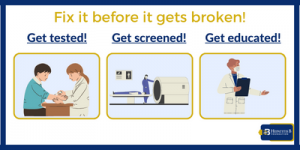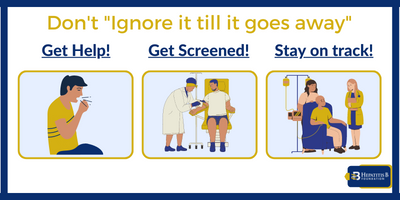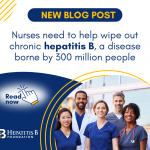
Nurses such as you and me – yes, that means all nurses (and our welcomed health care counterparts) – likely come across a patient or parent who declines vaccinations for themselves or their children. And it is not uncommon for nurses to be first in line to receive the unfavorable statements refusing these life-sustaining vaccines.
While every nurse may provide vaccine education at some point in a patient’s life, those in neonatal and maternal-newborn nursing have a greater responsibility with the hepatitis B vaccine. It is for good reason the hep B vaccine is the first immunization given to newborns within 24 hours of birth, followed by a second dose at 1 months, and the third at 6 months. However, communicating those reasons to parents of our newborn patients takes a compassionate, strong and skillful approach. Especially when we are faced with resistance and the unyielding declinations for the hepatitis B vaccine.
There are various clinical settings and times when nurses can educate new parents and those with children about how the hepatitis B vaccine works and why it is necessary. We have numerous opportunities to identify misconceptions, fears and inaccurate information a parent might have regarding the vaccine. When addressing the highly recommended CDC’s vaccine schedule with parents, the rule of thumb is letting them know to expect their child will get the hep B vaccine series starting at birth. It is typically at this time when pushback from the parents begins to emerge. First and foremost, determining the “why” in what is making the parent hesitant about or declining the hep B vaccine is vital when trying to help them understand the reason vaccination is strongly advised.
Resistance to hep B vaccination typically relates to not understanding the risks of contracting the virus, a perceived low risk of exposure or safety of the vaccine. Educating parents about complications that acquiring hepatitis B can have on the body can emphasize the vaccine’s purpose. Nurses need to use language that is concise and easy to understand. Nurses can let parents know hepatitis B is a virus that causes inflammation of the liver that damages and compromises its function, which can and often does lead to liver disease and ultimately cancer. Unlike a common bacterial infection that can quickly be treated with antibiotics, acquiring a hepatitis B infection can mean living with a chronic, life-long and potentially life-threatening illness. And the vaccine was established to provide a solution to that problem.
Parents who perceive a low risk of their child becoming exposed typically minimize the need for the vaccine. A major misconception is that individuals who have hepatitis B have engaged in risky sexual behaviors or are drug users. To counter this impression, we want to make it very clear that hepatitis B can affect anyone. In fact, 40% of people in the U.S. who have a new hepatitis B infection don’t have any known risk factors. It could be helpful to educate parents using real-life scenarios about how the risks are present outside of stigmatized behaviors. For example, educate them that hepatitis B can be spread if their child shares a razor, toothbrush or nail clipper with someone who has the virus.
If a parent is on the fence about the hep B vaccine, they might come with assumptions rather than questions. They may state, “My baby is too young, he doesn’t have an immune system yet.” You can let them know: “The hep B vaccine is synthetically prepared with small bits of viral protein and does not contain any blood products. This means the vaccine contains no actual virus and cannot infect anyone.” Educating parents about what the vaccine is will help explain how it actually works. You could say: “By introducing a small part of the virus, the body will learn to recognize the virus in case of future exposures and will protect someone for a lifetime.”
Parents will often raise safety concerns about the vaccine and the erroneous allegations that it can cause autism. This misconception is tied to a preservative (thimerosal) once used in vaccines and this misinformation still lingers on social media. The most effective way to communicate with parents who harbor this misguided belief is by emphasizing the information from trusted and reliable national public health agencies. Nurses could inform parents that thimerosal is no longer used in the hepatitis B vaccine (or any other childhood vaccine except flu), and a page on the Children’s Hospital of Philadelphia website (June 1, 2021, https://www.chop.edu/centers-programs/vaccine-education-center/vaccine-ingredients/thimerosal) explains why thimerosal in vaccines isn’t harmful. Also, the single study suggesting that link has been discredited and withdrawn from publication, and the physician-author has been banned from practicing medicine (The New York Times, May 24, 2010, https://www.nytimes.com/2010/05/25/health/policy/25autism.html).
As for the hepatitis B vaccine, as you can read on the Hepatitis B Foundation’s website, “The most highly respected public health agencies and professional medical associations have rigorously studied the safety of the hepatitis B vaccine” (https://www.hepb.org/prevention-and-diagnosis/vaccination/vaccine-safety/).
Hep B is known as a silent killer, and it is a vaccine-preventable disease at that. For nurses, addressing parents’ hesitancy and navigating a “no” for the hep B vaccine is priority when striving for maximum compliance. Nurses equipped with knowing how to voice the facts and recommendations in a way that doesn’t make parents feel argued with support a greater chance at swaying the decision to vaccinate their children. Using examples that parents can connect to helps achieve a level of understanding that can’t be reached with heavy scientific and textbook language. At the end of the day, if you’ve exhausted all resources and information and a parent still declines the hep B vaccine, simply document and hope for reconsideration down the road.
This blog post is written by Lacey Hempeler, RN.
Note: The Hepatitis B Foundation’s consult team can be reached via info@hepb.org.


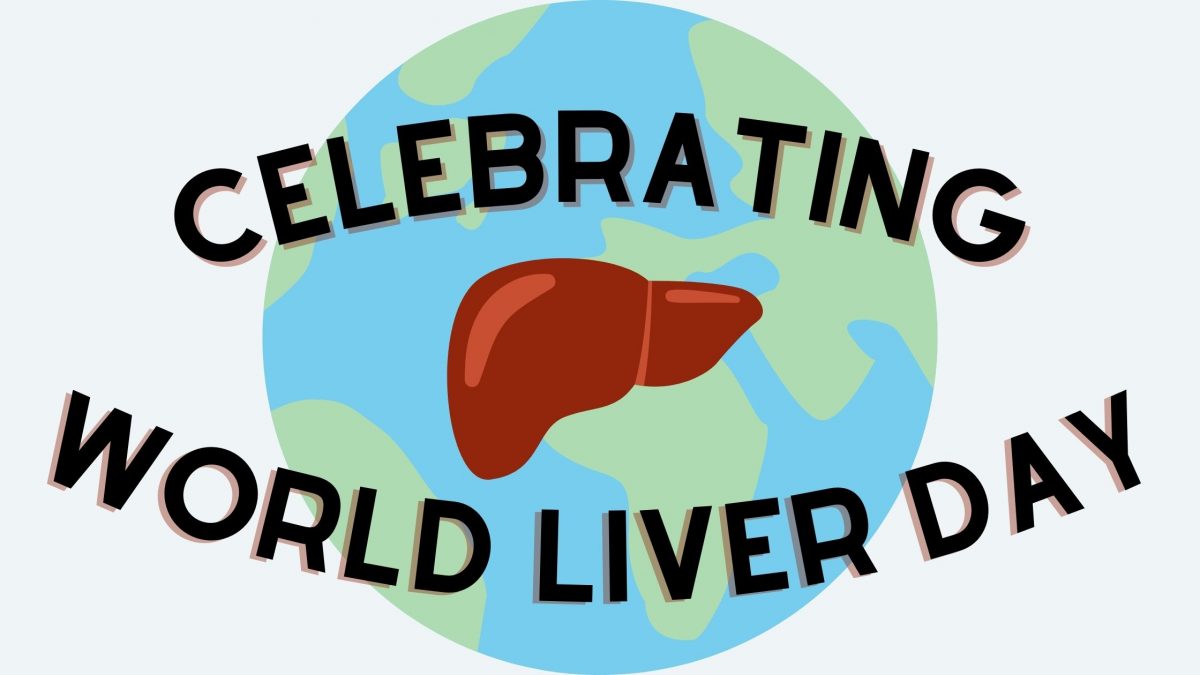




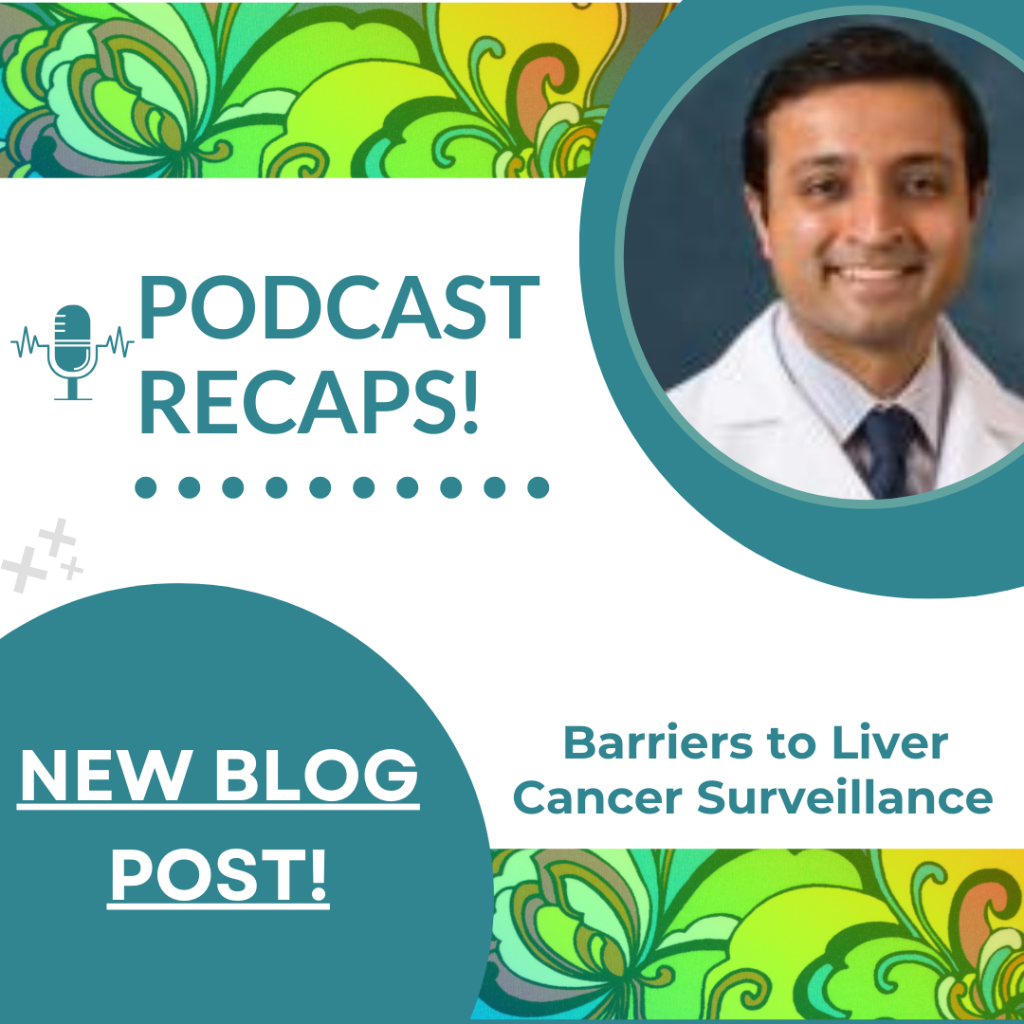
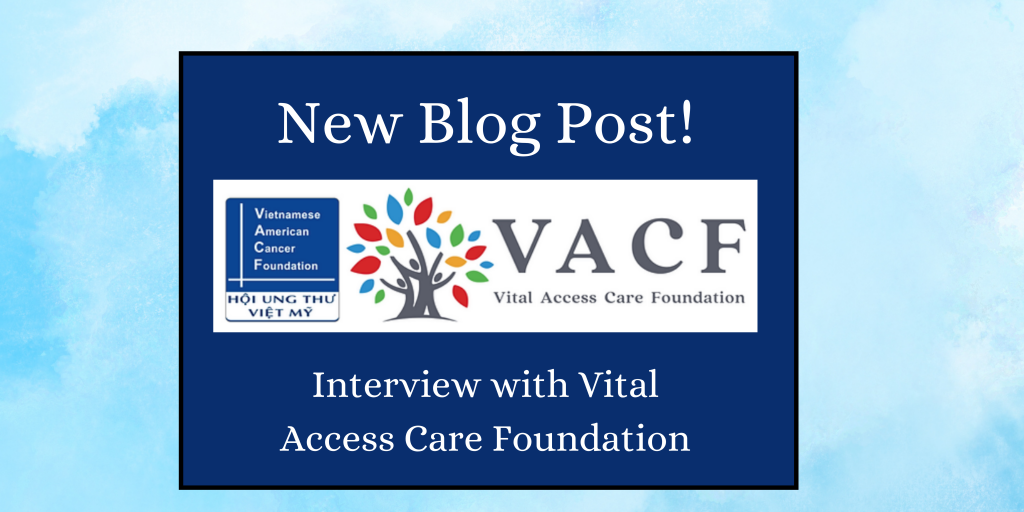
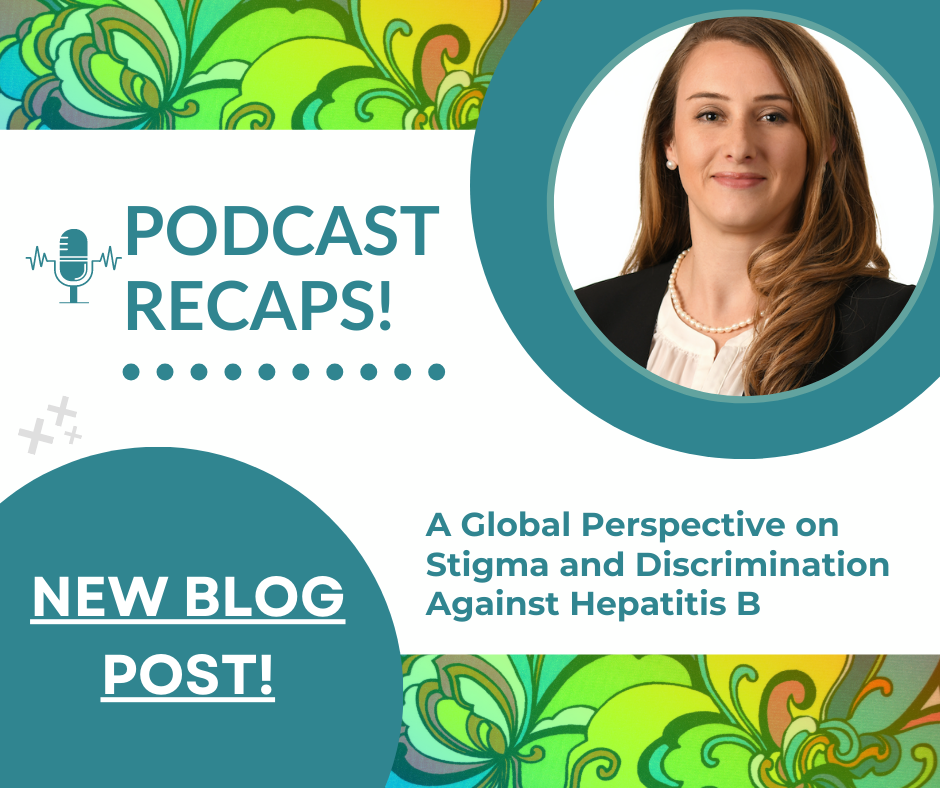
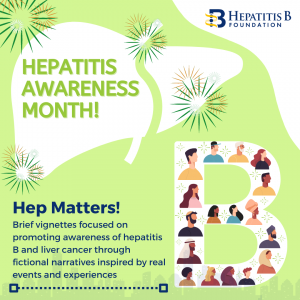

 Amina asked her doctor how she could get rid of this virus. Her doctor explained to her that there is no cure for hepatitis B, but antiviral treatment options do exist. While she may not be able to completely get rid of the virus, she can help protect herself from serious conditions such as hep B related cirrhosis or liver cancer with treatment. Amina’s doctor encouraged her to get treatment to prevent any serious problems from occurring. He also mentioned that treatment for hepatitis B is safe and effective. This did not make any sense to Amina. She thought to herself that if a treatment wouldn’t cure her of the disease, then there is no point in taking it. She felt healthy and did not show any symptoms. After the doctor suggested treatment options, she said that she will wait for the cure.
Amina asked her doctor how she could get rid of this virus. Her doctor explained to her that there is no cure for hepatitis B, but antiviral treatment options do exist. While she may not be able to completely get rid of the virus, she can help protect herself from serious conditions such as hep B related cirrhosis or liver cancer with treatment. Amina’s doctor encouraged her to get treatment to prevent any serious problems from occurring. He also mentioned that treatment for hepatitis B is safe and effective. This did not make any sense to Amina. She thought to herself that if a treatment wouldn’t cure her of the disease, then there is no point in taking it. She felt healthy and did not show any symptoms. After the doctor suggested treatment options, she said that she will wait for the cure.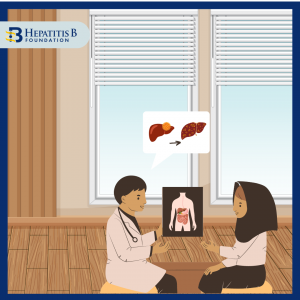 After moving to the U.S., Amina had gotten busy with school and work and did not follow up with her primary care doctor for years. Amina experienced stomach pains from time to time but they often went away on their own. On one occasion, her stomach pain worsened. She had to take a few days off from work to get better using home remedies, but they didn’t help. Finally, she went to the doctor’s office to learn more. She discovered that she had liver cancer. Her doctor referred her to a hepatologist (a liver specialist) for further treatment.
After moving to the U.S., Amina had gotten busy with school and work and did not follow up with her primary care doctor for years. Amina experienced stomach pains from time to time but they often went away on their own. On one occasion, her stomach pain worsened. She had to take a few days off from work to get better using home remedies, but they didn’t help. Finally, she went to the doctor’s office to learn more. She discovered that she had liver cancer. Her doctor referred her to a hepatologist (a liver specialist) for further treatment. 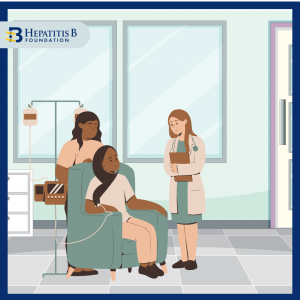 The hepatologist explained to Amina that hepatitis B can lead to liver cancer without monitoring and treatment. Even though a cure is not available, treatment options do exist, and they help in slowing and preventing serious liver disease, liver damage or liver cancer. If Amina had started antiviral treatment on time, she could have saved her liver. The doctor recommended chemotherapy for Amina to treat the cancer. Not only did her medical bills go up but Amina felt physically and mentally exhausted by the procedures. She advocates for everyone living with hepatitis B to get treatment if they need it and not wait for the cure. She also participates in advocacy efforts to make treatment options more affordable for people living with hepatitis B.
The hepatologist explained to Amina that hepatitis B can lead to liver cancer without monitoring and treatment. Even though a cure is not available, treatment options do exist, and they help in slowing and preventing serious liver disease, liver damage or liver cancer. If Amina had started antiviral treatment on time, she could have saved her liver. The doctor recommended chemotherapy for Amina to treat the cancer. Not only did her medical bills go up but Amina felt physically and mentally exhausted by the procedures. She advocates for everyone living with hepatitis B to get treatment if they need it and not wait for the cure. She also participates in advocacy efforts to make treatment options more affordable for people living with hepatitis B.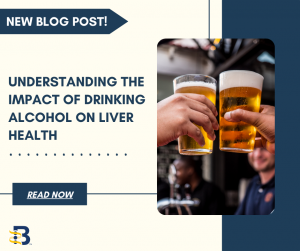


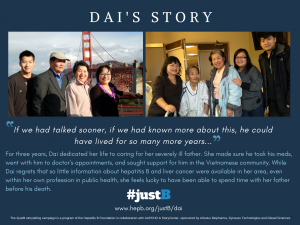
 Yufei Zhao is 45 years old and lives with his family in Philadelphia, Pa. Yufei discovered that he had hepatitis B when he attended a community health fair with his family. Even though he was instructed to talk about his diagnosis with a doctor and learn more about possible treatment options, Yufei decided to do nothing as he did not feel sick. While he has health insurance through his employer, he never utilizes any health care services. He often skips annual wellness visits as he says he “never gets sick.”
Yufei Zhao is 45 years old and lives with his family in Philadelphia, Pa. Yufei discovered that he had hepatitis B when he attended a community health fair with his family. Even though he was instructed to talk about his diagnosis with a doctor and learn more about possible treatment options, Yufei decided to do nothing as he did not feel sick. While he has health insurance through his employer, he never utilizes any health care services. He often skips annual wellness visits as he says he “never gets sick.”  A few weeks ago, Yufei’s family noticed that he has been skipping meals frequently saying he’s full or not hungry. At his daughter’s urging, he decided to go for a visit. After conducting some more tests, his doctor explained that the chronic infection with the hepatitis B virus had progressed substantially, and he had developed cirrhosis. After an MRI diagnosis, it was revealed that Yufei had liver cancer
A few weeks ago, Yufei’s family noticed that he has been skipping meals frequently saying he’s full or not hungry. At his daughter’s urging, he decided to go for a visit. After conducting some more tests, his doctor explained that the chronic infection with the hepatitis B virus had progressed substantially, and he had developed cirrhosis. After an MRI diagnosis, it was revealed that Yufei had liver cancer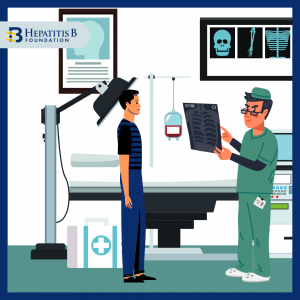 The Hepatologist (liver doctor) explained to Yufei that the liver is an important organ and acts as a cleaning system for the body. It removes toxic waste, purifies blood, and helps to digest food properly. When the virus entered the liver, it made many copies of itself and started attacking healthy liver cells. This led to inflammation and weakened the ability of the liver to carry out its most essential tasks. Because he was never monitored for hepatitis B, the virus allowed tumors to grow in the liver which caused the cancer. When the tumors grow in size or number, it eventually spreads to other parts of the body and disrupts other vital processes as well.
The Hepatologist (liver doctor) explained to Yufei that the liver is an important organ and acts as a cleaning system for the body. It removes toxic waste, purifies blood, and helps to digest food properly. When the virus entered the liver, it made many copies of itself and started attacking healthy liver cells. This led to inflammation and weakened the ability of the liver to carry out its most essential tasks. Because he was never monitored for hepatitis B, the virus allowed tumors to grow in the liver which caused the cancer. When the tumors grow in size or number, it eventually spreads to other parts of the body and disrupts other vital processes as well. The doctor mentioned that liver cancer is often called the silent disease because symptoms may not always be present. Even with a hepatitis B, a person could look or feel okay but that does not mean the virus isn’t active and causing damage. When the symptoms do show up, it might be too late to prevent liver cancer. After discussing his options with the doctor, Yufei learned that the best treatment for him was to get a liver transplant.
The doctor mentioned that liver cancer is often called the silent disease because symptoms may not always be present. Even with a hepatitis B, a person could look or feel okay but that does not mean the virus isn’t active and causing damage. When the symptoms do show up, it might be too late to prevent liver cancer. After discussing his options with the doctor, Yufei learned that the best treatment for him was to get a liver transplant. 